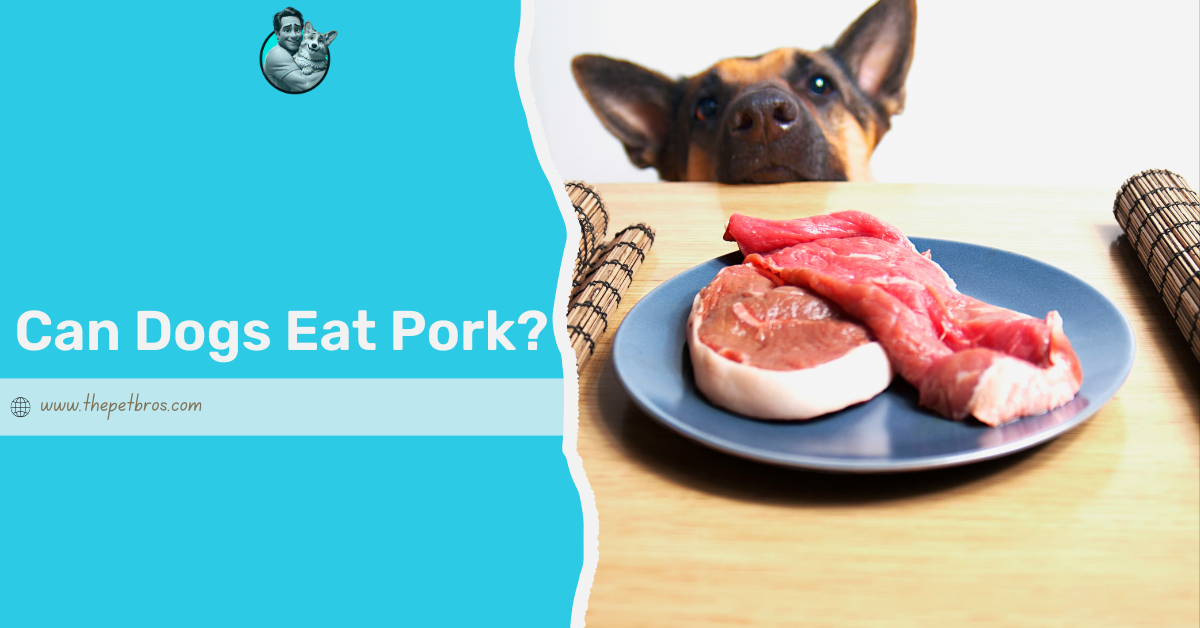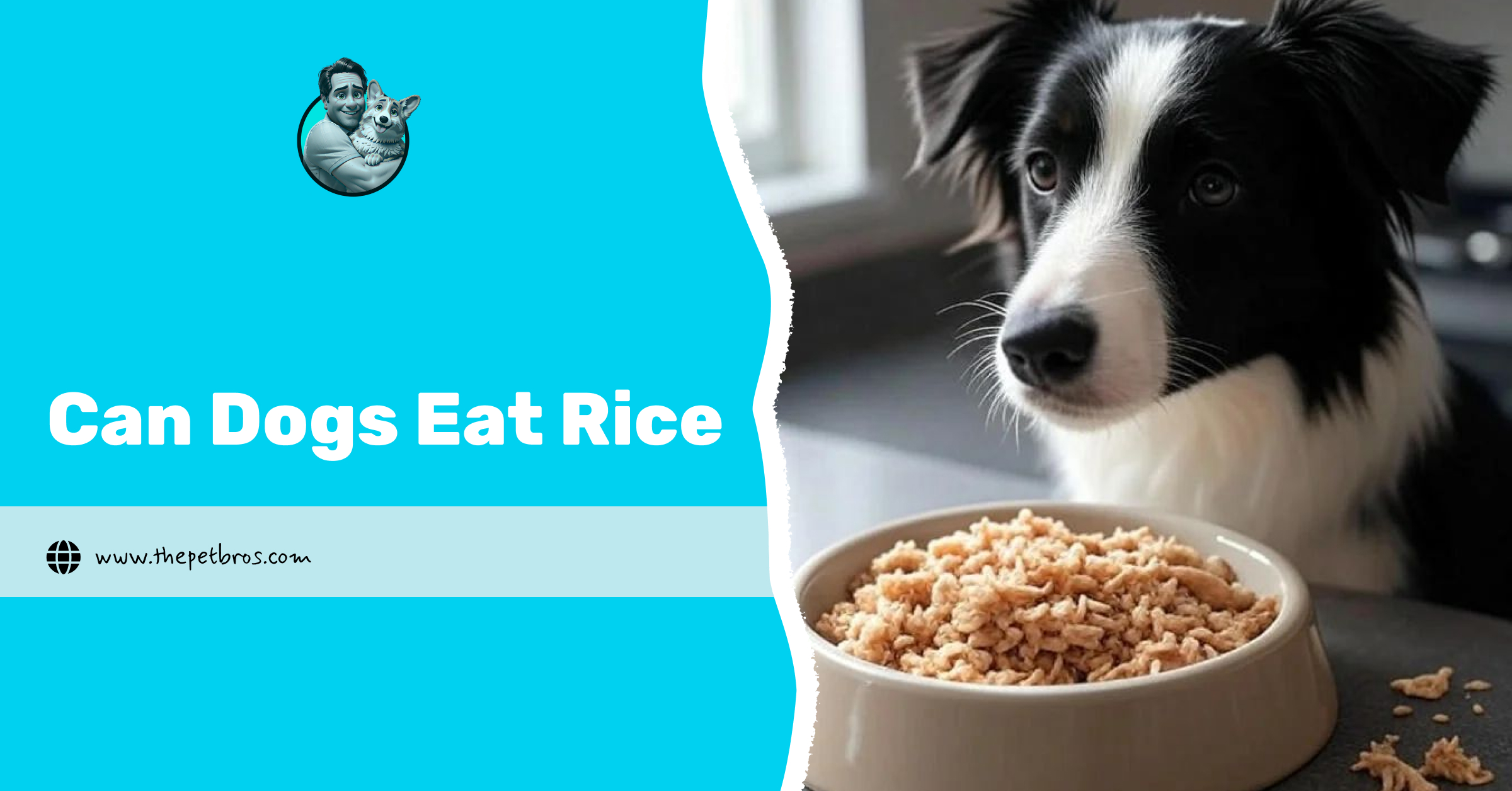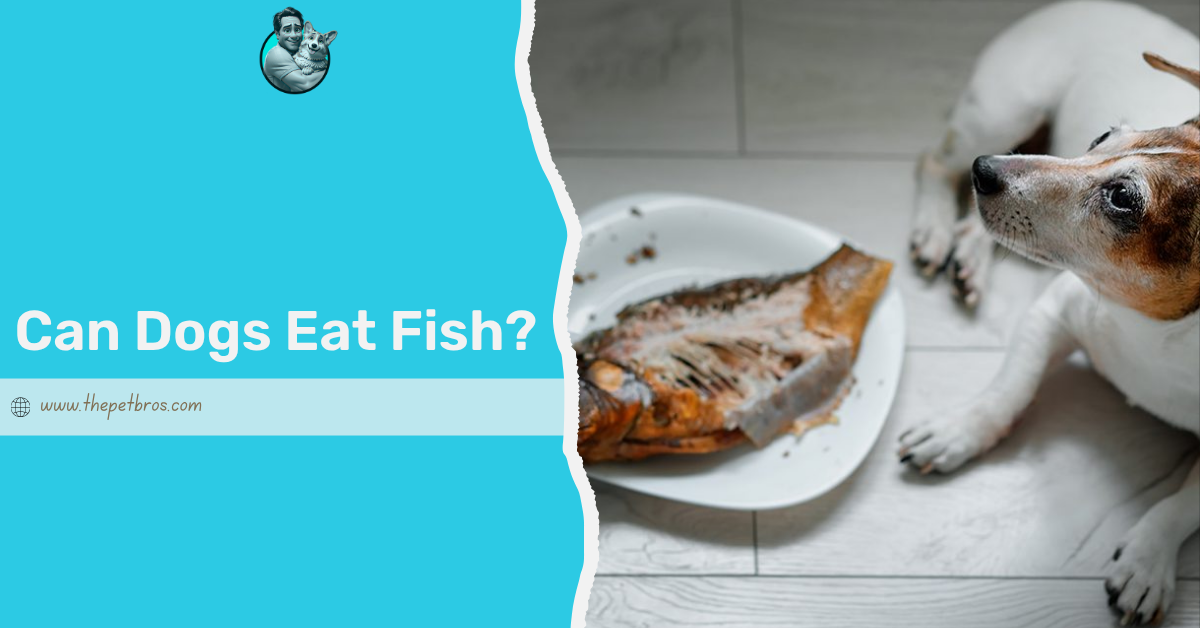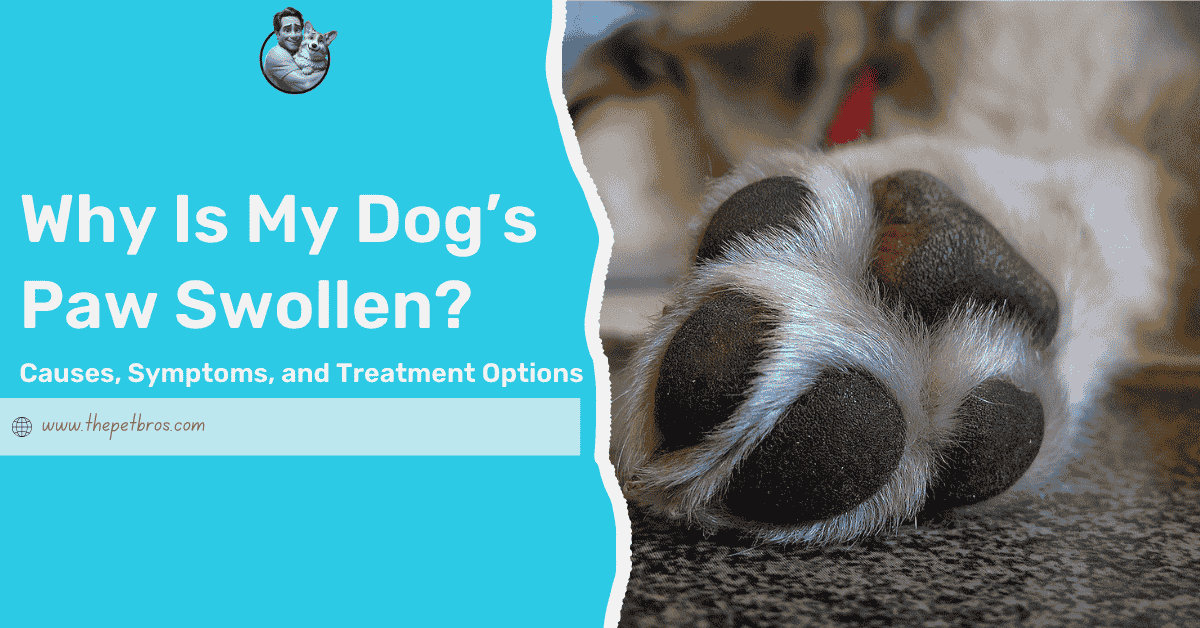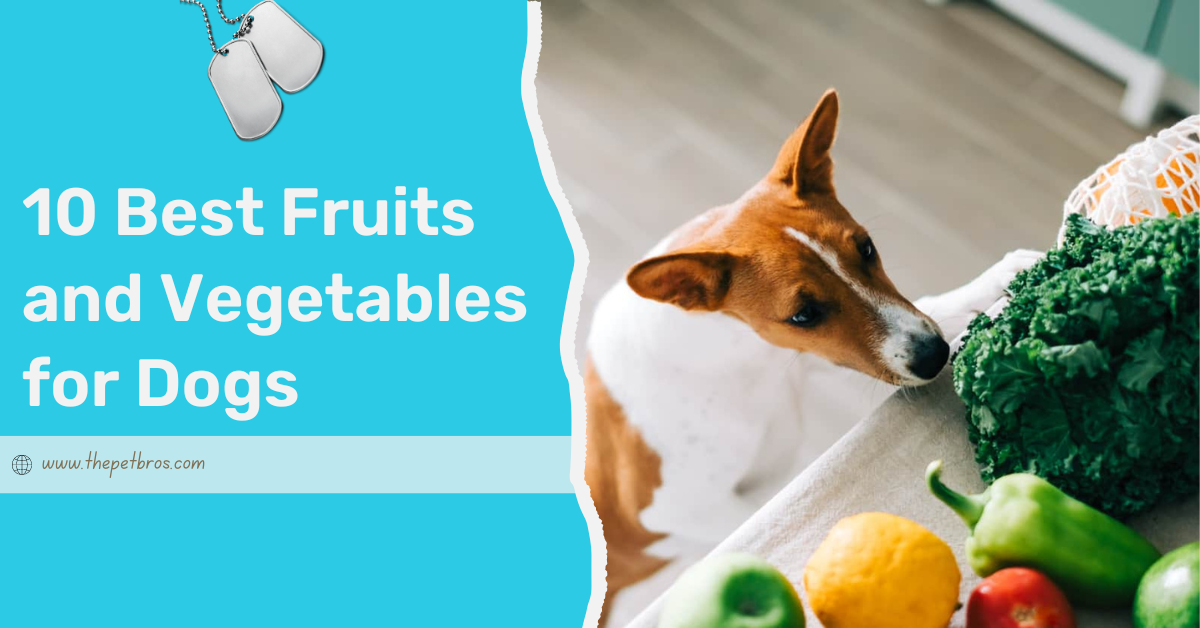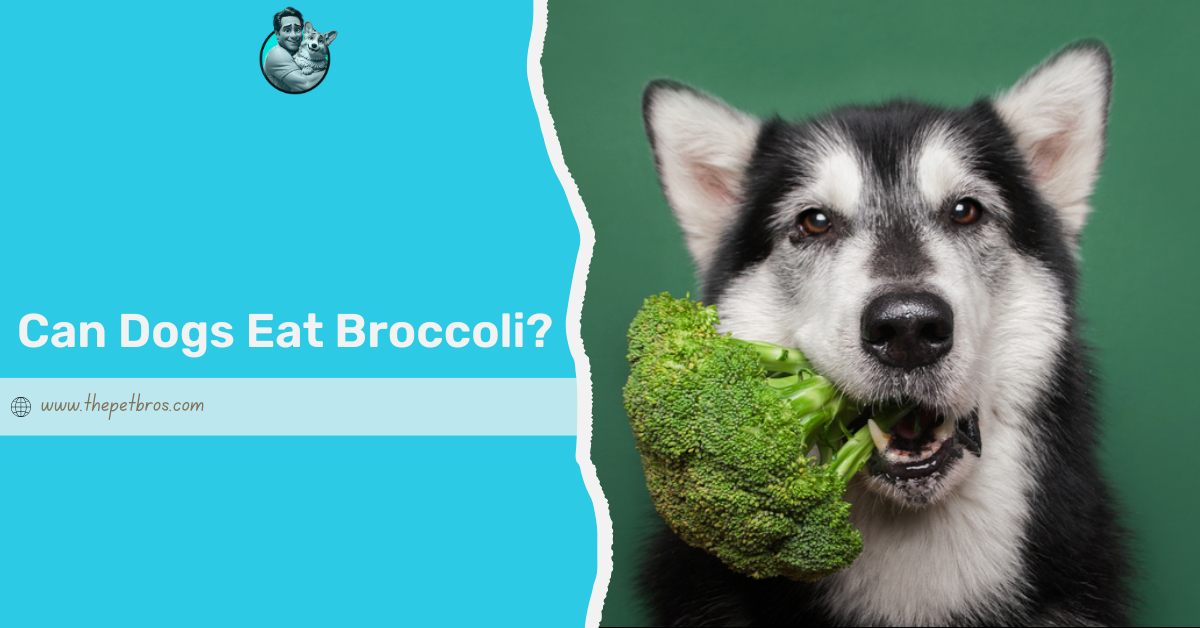The question isn’t really can dogs eat pork, it’s how long can you ignore your dog’s pleading eyes before giving in. One whiff of sizzling bacon or roasted chops, and suddenly your dog’s acting like a five-star food critic waiting for a sample. But before you share what’s on your plate, it’s worth knowing that pork can be both friend and foe in the dog bowl.
On one hand, pork is packed with high-quality protein, zinc, and essential B vitamins that fuel your dog’s muscles and energy. On the other hand, it carries a few red flags which push pork from “healthy” to “hazardous.”
In this article, we’ll separate myths from facts, show you exactly when dogs can have pork safely, and help you turn this tempting treat into a smart, stress-free snack.
Can Dogs Eat Pork Every Day?
Pork can be a tasty change for dogs, but it’s not meant for everyday dining. Even cooked, lean pork should be treated as an occasional protein boost rather than a daily staple. Too much can add unnecessary fat to your dog’s diet, leading to stomach upset or even pancreatitis over time.
A balanced meal plan is always best. Mix things up with other safe human foods, such as oatmeal, chicken, salmon, cashews, and potatoes, or vegetables, such as carrots, green beans, broccoli, and pumpkin, or fruits, such as strawberries, apples, watermelon, and pineapple. These foods offer variety, additional nutrients, and reduced digestive risks.
Is Pork Good for Dogs? Debunking Myths
Pork often gets a bad reputation, but not all of it is deserved. When cooked properly and served plain, it’s a good source of protein, zinc, and healthy fats that can support your dog’s energy and muscle strength. Many of the old warnings about pork stem from the days when it was more likely to carry parasites; however, modern, well-sourced pork can be perfectly safe when handled properly. That said, raw or processed pork still poses risks, and moderation is key.
| Common Myth | The Truth | What To Do Instead |
|---|---|---|
| Pork isn’t safe for dogs. | Plain, cooked pork is safe in moderation. | Cook it thoroughly and keep it unseasoned. |
| Pork has no nutritional value. | It’s rich in protein, zinc, and B vitamins. | Offer small portions alongside balanced meals. |
| All pork causes illness. | Only raw or fatty cuts pose a real risk. | Choose lean cuts like pork loin. |
| Dogs can’t digest pork. | Most dogs digest cooked pork easily. | Start with small servings to test tolerance. |
When Pork Isn’t Safe For Your Dog
Pork can quickly turn from a healthy treat to a risky choice when it’s not handled properly. Raw pork is one of the biggest concerns because it may contain Trichinella spiralis, a parasite that can cause infection and serious illness in dogs. Processed options, such as ham, bacon, or sausages, are another red flag since they’re loaded with salt, fat, and preservatives that can harm your dog’s digestion and kidneys.
Even cooked bones aren’t safe. They splinter easily and can cause choking or internal injury. High-fat cuts should also be avoided, as they can trigger pancreatitis, a painful inflammation of the pancreas that can become chronic and difficult to manage.
If your dog has food sensitivities, consult your veterinarian before serving pork. Some dogs react to new proteins with itchy skin, ear infections, or stomach upset. A quick allergy check can help you avoid unnecessary discomfort and keep mealtime safe and stress-free.
How to Feed Pork Safely To Your Dog
If you’re planning to share pork with your pup, here’s how to do it the safe way:
- Cook it thoroughly: Raw pork can carry parasites and bacteria that cause infection. Always cook pork all the way through until it’s no longer pink.
- Keep it plain: Skip the salt, butter, or seasoning ingredients like garlic or onion can be toxic to dogs. Plain, simple pork is the only way to go.
- Remove all bones and fat: Cooked bones can splinter, and excess fat can lead to stomach upset or pancreatitis. Trim everything before serving.
- Serve in small portions: A few bite-sized pieces are enough. Pork should be a treat, not a main meal, to avoid digestive problems or nutrient imbalance.
- Watch for allergies or reactions: Introduce pork slowly, especially if it’s your dog’s first time. Look for signs of itching, gas, or diarrhoea, and stop if they appear.
- Balance with healthy sides: Pair occasional pork treats with safe human foods dogs can eat, such as cooked turkey, apples, plain coconut, oranges, green beans, or a small amount of rice, to keep their diet balanced.
So, Is Pork a Meaty Treat For Dogs, or a Fatty Mistake?
So, can dogs eat pork? The answer sits right in the middle. Pork can be a satisfying treat when cooked simply, trimmed of fat, and served in small, occasional portions. It’s full of protein and minerals that support energy, muscle health, and tail-wagging satisfaction.
But when it’s processed, seasoned, or fried, that same pork turns into a fatty mistake that can upset your dog’s stomach or worse. So, keep it simple, plain, cooked, and shared in moderation.
Can Dogs Eat Pork? FAQs
Can Dogs Eat Pork Sausage?
No, sausages contain seasonings, fat, and preservatives that are unsafe for dogs.
Can Dogs Eat Cooked Pork?
Yes, dogs can eat plain, cooked pork in small amounts, without bones or fat.
What Are the Three Toxic Meats for Dogs?
Avoid bacon, sausage, and deli ham because of salt, fat, and preservatives.
Why Is Pork Not Recommended for Dogs?
Because it’s high in fat and hard to digest, improper handling can also introduce parasites.
Can Pork Upset a Dog’s Stomach?
Yes, fatty or seasoned pork can cause vomiting and diarrhoea, so stick to small, plain portions.






